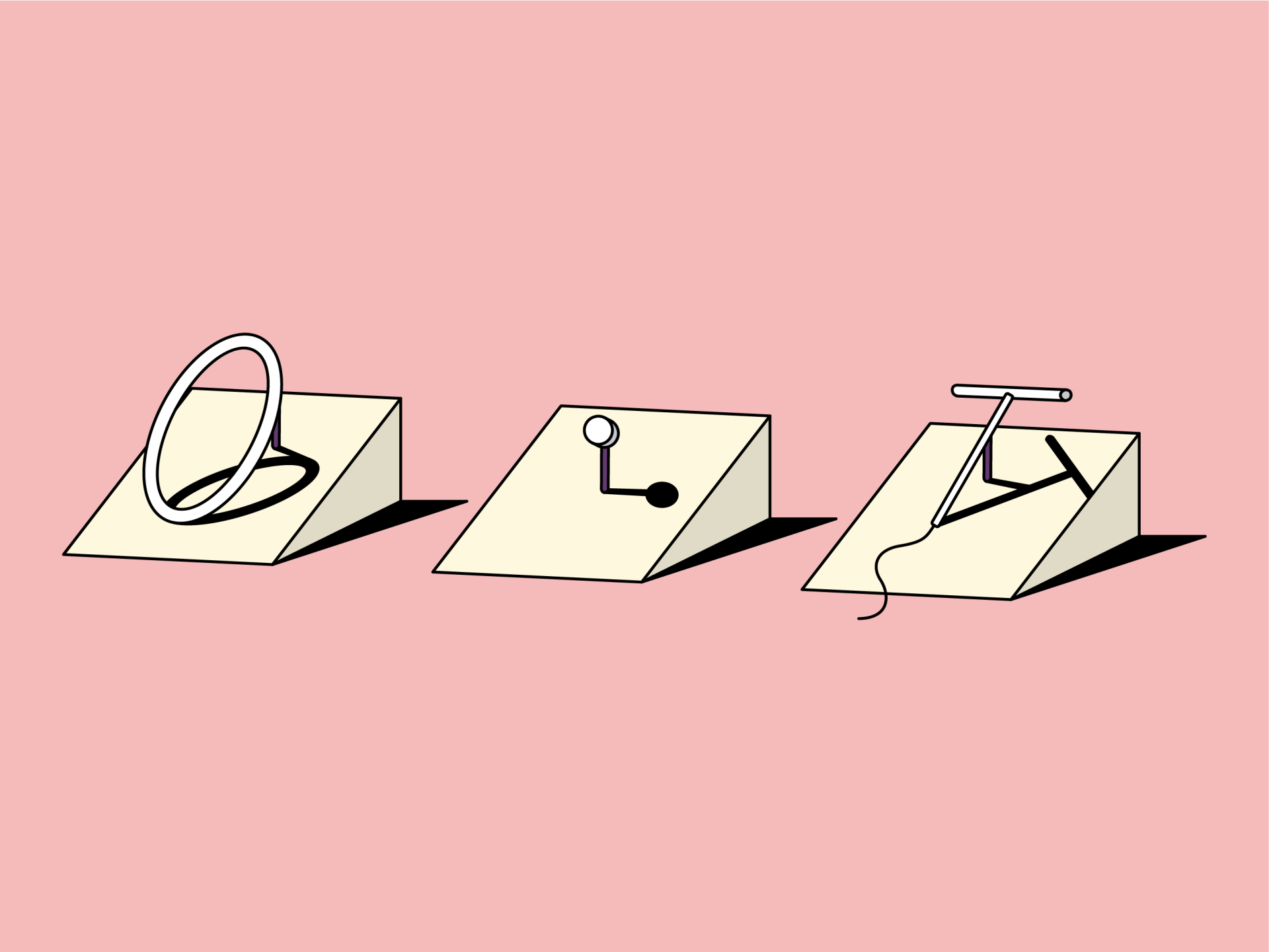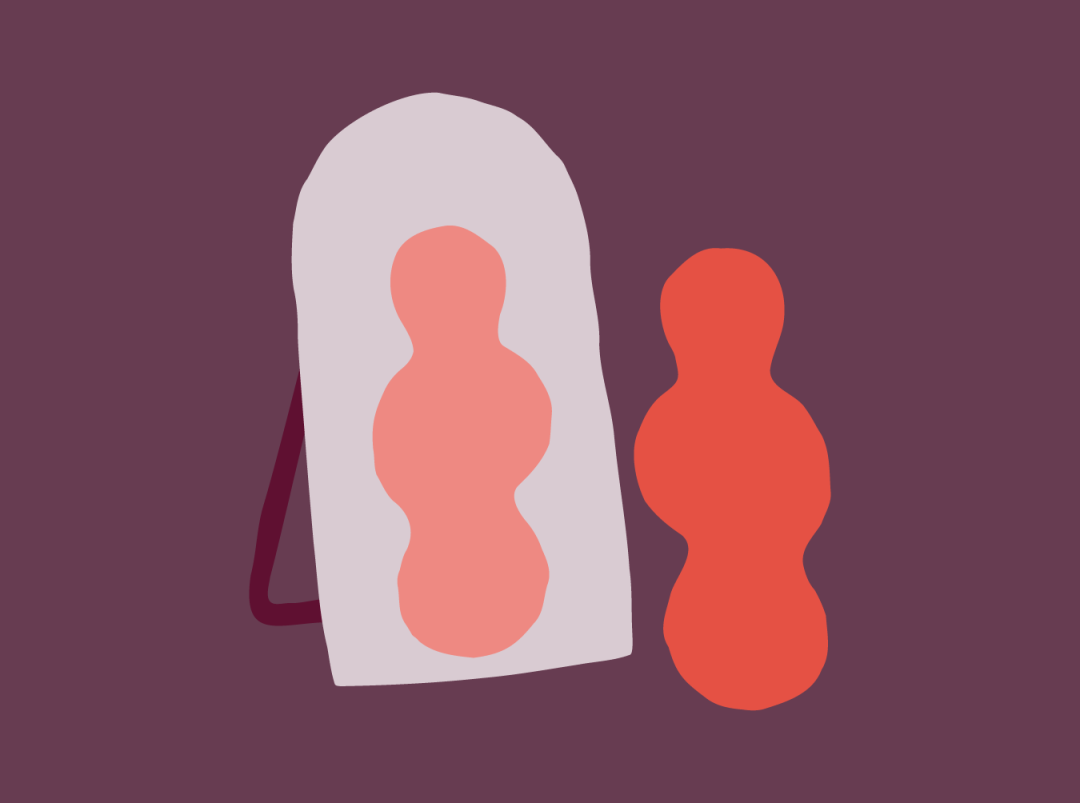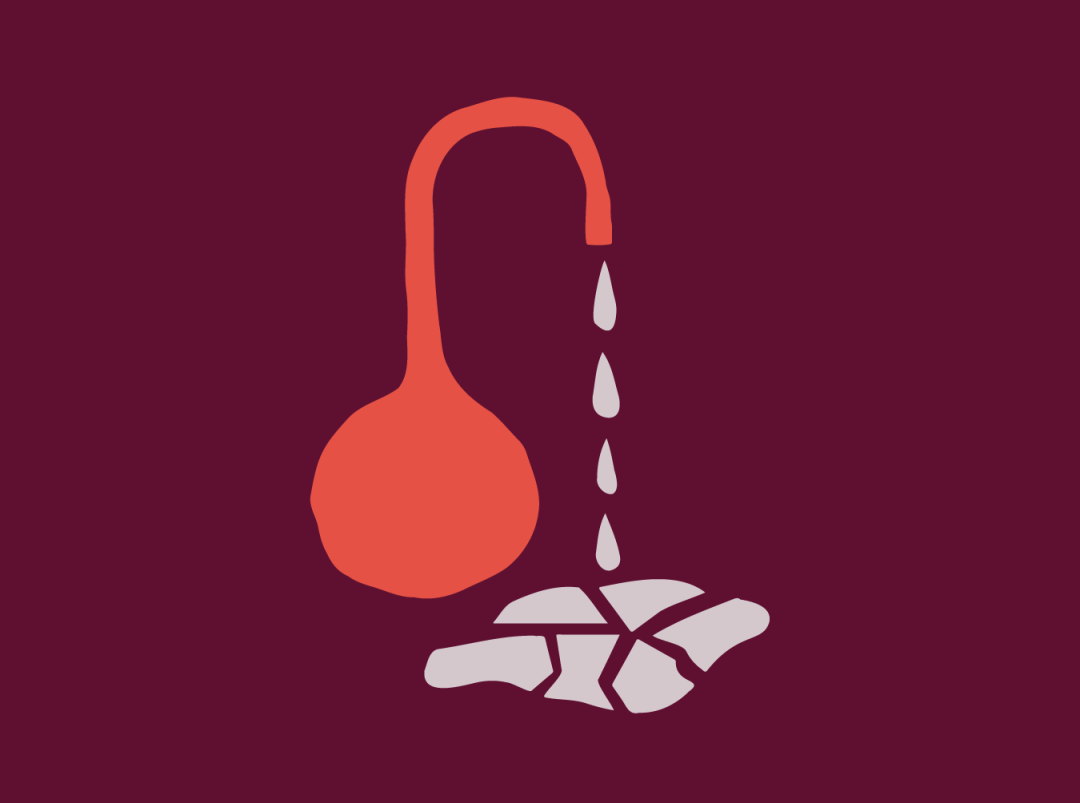#crowd-sourced
What’s in Your Vagina?
health
·5 min read

by English Taylor | 06/28/2018
Though there’s still progress to be made, contraception has come a long way since the days of putting honey and crocodile poop up the vagina to prevent pregnancy. Yes, seriously, ancient Egyptians and Sumerians relied on these for birth control.
So, the next time you think condoms are totally annoying, remind yourself that, hey, at least there’s not reptile feces up there.
From natural family planning to IUDs, more options than ever are at our disposal. While we love reading articles that investigate the contents of makeup bags and closets, sometimes we can’t help but wonder: What’s in your vagina? The NuvaRing? A T-shaped plastic device wrapped in copper wire? Progestin from the Depo-Provera shot?
We asked 10 friends with a V to tell us about their contraception method of choice and why they use it. Their answers, though incredibly diverse, indicate how informed many of us are about the choices we make for our bodies. What’s more empowering than that?
I've got a Mirena IUD. I used to be on birth control pills, which worked well for me, too, but I was tired of having to remember to take them every day. I also still had a monthly period on my pills. Some people like it that way, but if I don't have to have a period, I don't want one. Now, I'm covered on birth control until I'm 30—no daily pill, no period. It's pretty fantastic! - Kara E.
I currently am using natural family planning for contraception. This does not involve use of any external hormones but simply tracking your menstrual cycle and avoiding sex when you're ovulating. I have really enjoyed it because I feel so much more in tune with my own body. I have even gotten to the point now where I can usually tell exactly when I'm ovulating and it is such a neat feeling to experience those changes throughout my cycle. - Stefani D.
I have the ParaGard IUD—the non-hormonal copper one. To be honest, it’s made my periods and my PMS symptoms worse. My boobs are SO sore! But I just didn’t like the idea of putting unnecessary hormones into my body. I considered natural family planning, but I felt like it was too risky and high-maintenance for my lifestyle. - Sarah I.
I have been on an oral contraceptive pill since I was 17. I've continued on the pill as it helps me with acne, which is something I've dealt with since I was a teenager. It's also great to be able to regulate my cycles and/or skip a period when I need to for a special occasion. It's awesome to have control when I need it. - Chelsie H.
Over the years I tried a wide variety of contraception methods. Since I have polycystic ovaries and don’t ovulate regularly, I was at risk of endometrial cancer if I didn’t keep my endometrial lining thin. Birth control pills are a great way to thin the lining, regulate the cycle, and prevent pregnancy, but I was in that small group of people who became severely depressed when taking the pill. I transitioned to the Mirena IUD. It is super effective, the hormones within the IUD keep my lining thin (preventing cancer and making for light cycles), and you only have to replace it every five years. I am closing in on menopause now, but I would have gladly used the Mirena before children had it been available. - Donna C.
My partner and I are trying to conceive, so I just got my Skyla IUD taken out. I honestly chose the Skyla instead of the Mirena because of its smaller size. I was nervous about getting it inserted. I heard from a few friends that it’s painful—one even passed out. It did hurt, but I found the pain to be manageable, especially because I popped a few ibuprofen beforehand. - Vicki R.
Pull out and pray! No, but seriously, I use the Natural Cycles app which is rooted in natural family planning. I input information about my cycle and take my temperature at the same time each day, before I even get out of bed. From there, the app tells me if my partner and I can have unprotected sex that day, or if we should use a barrier method like a condom. The app doesn’t require this, but I also keep an eye on my vaginal discharge. It’s so cool that it changes based on where you are in your cycle! I know I’m fertile when it looks like egg whites and has the consistency of them. - Shawna L.
I chose a Mirena IUD for fabulous efficacy and incredible ease of use. As a medical resident with two small children, I simply didn’t trust myself to remember to swallow my previously tried-and-true pill. - Amanda B.
I’ve had the NuvaRing for years. I thought about getting an IUD, but the thought of a device sitting in my uterus for years freaked me out. I chose the NuvaRing because you take it out for a week during your cycle. My boyfriend says he can feel it when we have sex, but honestly, guys say they can feel everything with their dick. - Noel K.
A few years ago, I had my fallopian tubes permanently blocked. I think the medical name for the procedure is called sterilization or tubal ligation. I’ve known for a really long time that I don’t want children. I now never have to worry about getting pregnant. - Holly M.
All bodies are different, so they need different things. Contraception is no exception. So, what’s in your vagina? If you’d like, tell us in the comments below!
English Taylor is a San Francisco-based women’s health and wellness writer and birth doula. Her work has been featured in The Atlantic, Healthline, Refinery29, NYLON, Modern Fertility, and LOLA. Follow English and her work on Medium or Instagram.
by English Taylor


